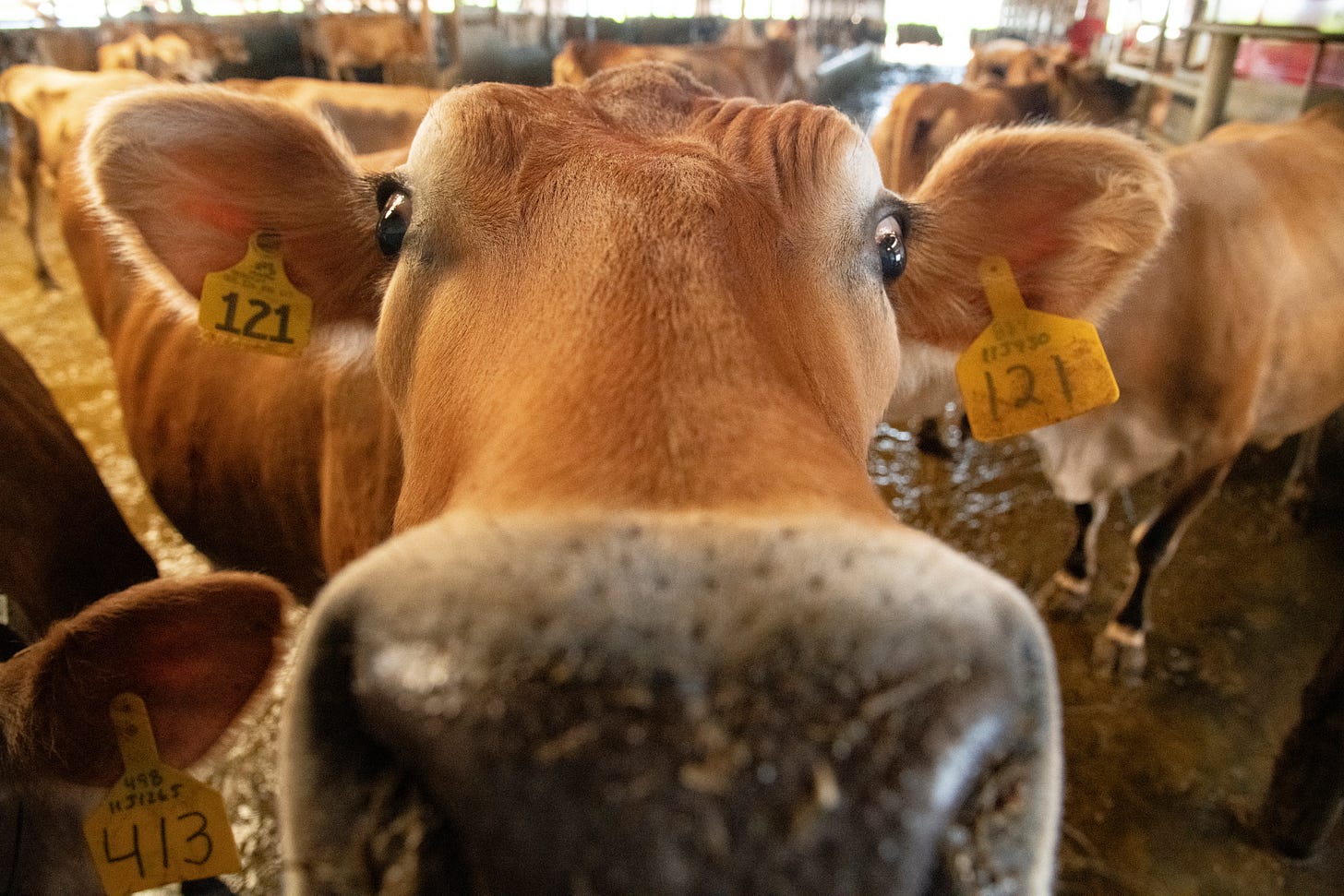
Australian Program Awards A$6 Million to Support Reduced Emissions From Livestock
Three innovative research projects will share A$6 million in grants to help Australian farmers reduce methane emissions from livestock under stage 3, round 1 of the Methane Emissions Reduction in Livestock (MERiL) program.
Each project will conduct trials on the effectiveness of a range of approaches for delivering methane-reducing feed supplements to grazing livestock including feeding supplements to pregnant cows to cut the methane production of their offspring to using automated in-paddock feeders. These include:
Large-scale dairy and beef livestock grazing trials to demonstrate the use of seaweed as a low-emission feed supplement.
Investigating feeding seaweed supplements to pregnant cows and its long-term effect on methane production in their offspring.
Evaluating 2 automated feeders for feeding 3 commercially available methane-reducing supplements to sheep.
Agriculture is projected to be the third largest source of emissions by 2030 and methane emissions from livestock are the largest source of greenhouse gas in the agriculture sector.
Research has shown that some feed supplements can reduce methane emissions from livestock by more than 80% under ideal conditions.
The MERiL Program supports research, development and deployment of methane-reducing livestock feed technologies.
Stage 3 of the MERiL program will provide A$15 million for trials to validate supplement delivery technologies and demonstrate the emissions reduction and productivity impacts in grazing systems.
A second funding round under Stage 3 will be launched in early 2024.
#methane #seaweed #lowemissionfeed











